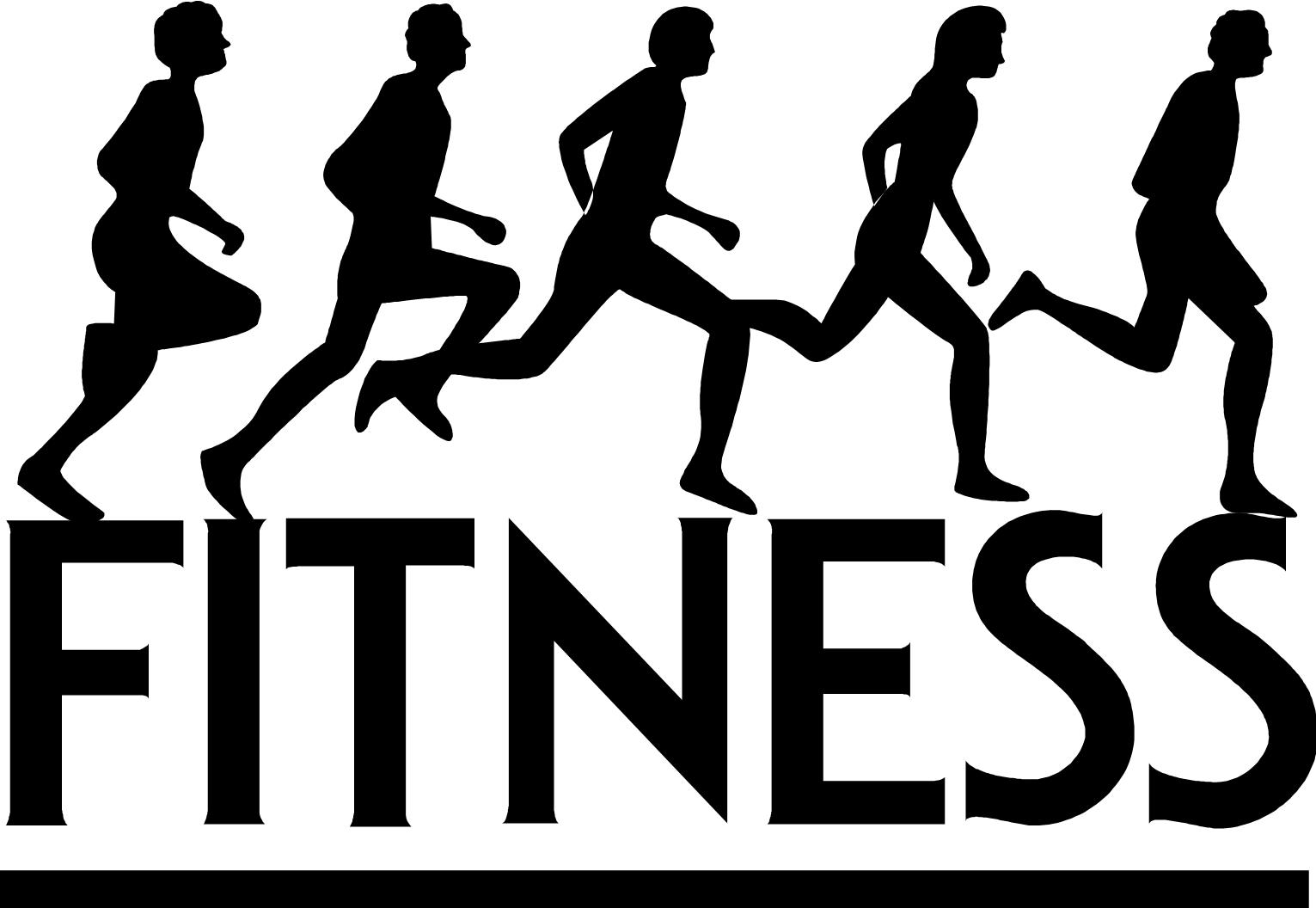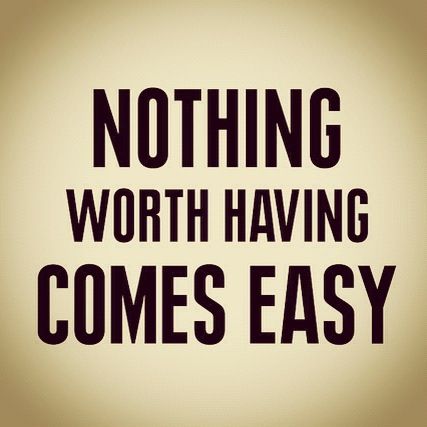by Paul Dexter, copyright dextertraining.com
With all the fad diets out there today, many people are just trying to make money. There are the “Atkins”, “South Beach”, “Zone”, and many other diets telling you that they can make the difference for that weight you haven’t been able to lose. Remember if it was that way to lose weight they wouldn’t be “fad” diet’s, everyone would be doing it.
The current trend is that carbohydrates make you fat. This is not true. Too many calories make you fat. You can’t eat all the protein or fat that you want and not expect to gain any weight simply because you don’t eat bread. No matter what diet you are on you can loose weight if you eat less calories than you burn. With that said you should pick a diet that is easiest for you to live with.
The body naturally burns carbohydrates as its main source of energy; therefore the majority of your calories should come from carbohydrates. Would you give your car something other than gasoline? As long as your total calories are less than your body needs you will still lose weight. You could eat low/ or no carbohydrates, and just protein and fat – but your energy levels would suffer, leading to less intense workouts which burn less calories.
Once you realize how many calories you need to maintain your weight, subtract 500 from that number. The remainder should be 60% carbohydrate calories, 25-20% protein, and the remainder from non-saturated fat sources. You could have different ratios, but as I said before the energy levels would be less. You can notice that effect when you have oatmeal for example, instead of a donut for breakfast. The oatmeal gives more of a lasting energy source, whereas the donut is used very quickly and could make you sluggish.
You must burn of more calories than you take in to make progress week to week. The mistake that most people make is that they eat very well Monday thru Thursday, and then blow it on the weekend. What you must keep in mind is that you just can’t burn fat on a daily basis; it is a 7 day caloric average that makes the difference. If your body maintains it weight at 2,000 calories, and you eat 1,000 per day Monday thru Thursday but Friday, Saturday, Sunday you eat 3,500 per day. You will end up with 14,500 calories for the week, when your body only needs 14,000. You just put on 1/7 of a pound of fat.
There are 3,500 calories in one pound of fat. A safe guideline is to lose 1-2 pounds of fat per week. The human body cannot lose more fat than that per week. You can loose more weight than that per week, but it will come from muscle, and water. Sorry, there isn’t any “get rich quick” trick. The human body is stubborn, and will store fat very easily when you consume excess calories. Unfortunately, it won’t lose it as easily. If you cut your calories too drastically your metabolism will actually slow down, and progress will come to a halt. That is why the caloric restriction should be 500 below what your body needs (500 X 7 days = 3,500 calories/ 1 lb. of fat). Add to that weight training and cardiovascular exercise, you can burn off almost an extra pound of fat, while increasing your metabolism more than diet alone.
A productive diet is one that allows you to stay consistent. That is why you should adjust your diet to your lifestyle. Everybody is different; there isn’t one diet that works for everyone. Follow a proper nutrition plan that makes it easy for you to stick with. What works for one person isn’t necessarily going to work for you. A diet doesn’t have to be bland and boring for you to lose weight. The chicken being boiled doesn’t make you lose weight; it’s the reduction in calories. So, don’t give up on a diet because you can’t follow the same diet plan as Mr. Olympia.
To change your body you need a lifestyle change- diet and exercise. If you refuse to admit that, nothing will change. Keep in mind how many people go to the gym and never change, thinking as long as they workout they can eat whatever they want.
There is no magic pill, magic machine, just hard work. Something worth having doesn’t come easy. Don’t be pulled in to the “gimmicks.” It doesn’t get any simpler than this…eat less food and lose weight. Once that is understood, make your diet and exercise program something that you can stick with. Dieting isn’t easy, but it will be harder to reach your goals if you don’t enjoy the time and effort you put in.
Carb Tid Bits
- Carbs are not bad for you; all you need to do is make sure you are eating the RIGHT carbohydrates. You will feel better, reduce the risk of disease, and lose weight.
- Carbs are not all bad just as all fats and some proteins are healthier than others.
- Carbs are the PRIMARY fuel source for many of the body’s vital organs, including the brain, central nervous system, kidneys, and the heart.
- If the body doesn’t receive sufficient carbohydrates, it breaks down muscle and other tissue to produce glucose.
- This cause a waste build up called “ketones”.
- Ketones make the blood acidic, causing severe problems for pregnant woman, unborn babies, diabetics, and most importantly the heart.
- Weight gain is caused by consuming too many calories, whether they are from carbs, protein, or fat.
- A diet high in good carbohydrates, moderate in protein, and low in fat will result in the greatest chance of weight loss.
- Good carbohydrates assist in combating hunger pangs associated with dieting.
- Carbohydrates broken down into glucose.
- Excess glucose will be stored in muscle tissue, any excess will be converted to fat (this is why weight training is so important with losing weight).
- A diet high in bad carbohydrates (refined sugars) can cause weight gain, as it makes you hungrier and can lead to overeating.
- Complex carbohydrates are loaded with nutrients, and are slow to digest and actually combat hunger pangs, making you feel full longer.
- Best carbohydrates are “from the earth”, whole grains, vegetables, fruits, etc.
- Carbohydrates should be the major source of energy for your body.
- Remember, it is the total number of calories that you consume that determines your weight, not where the calories come from.
- Choose the right nutrient ratios, and the right foods and the dieting and weight loss will be easier than you think.




